John Mackey, co-founder and CEO of Whole Foods, wrote in 2013 that the future of business lay in Conscious Capitalism. No one would blame you if you didn’t change your curriculum right away based on his book with Raj Sisodia. It’s a teacher’s job to prepare students for the future, but five years ago it was hard to imagine a business world that balanced human welfare evenly with profits.
Just in the last month, however, the CEO of BlackRock — the largest asset manager in the world — wrote a letter to the leaders of the companies in its investment portfolios advising, “To prosper over time, every company must not only deliver financial performance, but also show how it makes a positive contribution to society.”
Larry Fink’s advice wasn’t a small section of his letter or couched in a paragraph about public relations. It was the focus of his message — in the interest of its investors, BlackRock wants to know companies’ sustainable growth strategies and emphasizes that they should address the greater good.
The future is here. Teaching students to think about business and measure its success in holistic terms is no longer optional.
Denise Linda Parris and Cecilia McInnis-Bowers outline this point well in their peer-reviewed article on teaching Conscious Capitalism to undergraduate students. Conscious Capitalism appeals to millennials’ mindset, and teaching them early on how business can be a force for good can make the global economy more resilient and sustainable in the years to come.
According to a 2014 AdWeek article which takes a closer look into millennials’ mindsets and purchasing habits, 69 percent of the generation considers a company’s social and environmental commitment when deciding where to shop. These values naturally exhibit in their leadership styles, investing decisions, and by extension the larger economy.
Parris and McInnis-Bowers emphasize that to prepare students for today’s business world, we need to teach them to be action-oriented thinkers. The traditional method of presenting a problem for students to solve, fosters causal thinking that assumes the future is stagnant. In their class, Parris and McInnis-Bowers taught the pillars of sustainability, practicing ethical behavior, and global citizenship, then asked students to apply their learning in an experiential exercise. That exercise was Marketplace Simulations’ Conscious Capitalism serious business game.
In collaboration with Raj Sisodia, one of the leaders of the Conscious Capitalism movement, Marketplace designed the simulation to deal with a variety of ethical, environmental, and sustainability issues. The game challenges students to operate a conscious business in contrast to the traditional business paradigm.
Of course, each team should aim to be profitable, but they are also asked to consider all the stakeholders of their company and recognize the societal impact of their business — exactly what Mr. Fink of BlackRock asked his investment portfolio companies to do.
The corporate world will soon lie in the hands of today’s college students, and already that world is asking them to think beyond most of their professor’s experience. This is why Marketplace Simulations created the Conscious Capitalism simulation and encourages professors from all areas of business to use it. Students will ultimately apply these lessons of corporate responsibility and accountability, making a positive impact on the world.
CASE STUDY: Grand Canyon University’s incorporation of the Conscious Capitalism simulation in their 2017 MBA Program.

